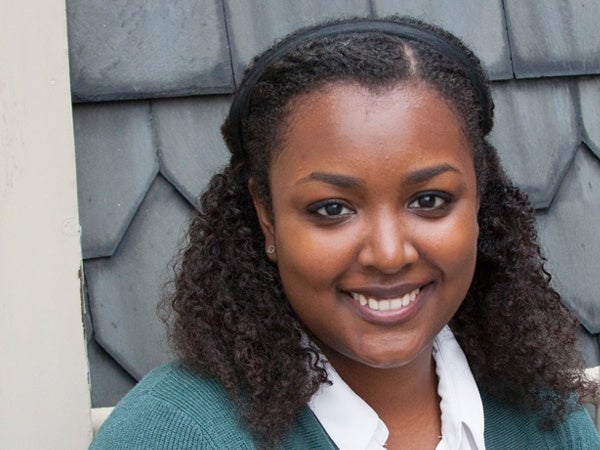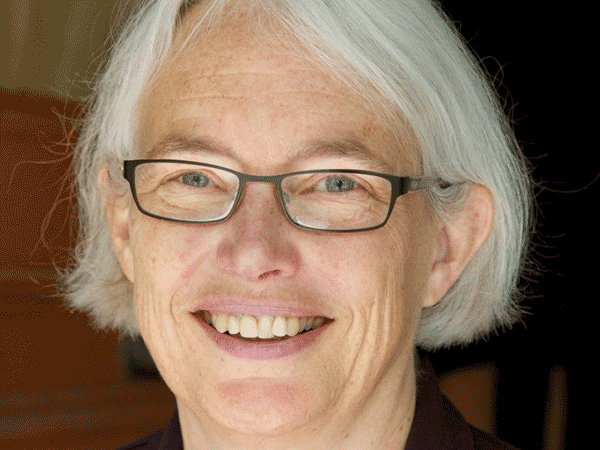A study authored by Harvard Pop Center Research Scientist Elyse Jennings, PhD, and other researchers affiliated with the Health and Aging in Africa: Longitudinal Studies in Africa (HAALSA), including Darina Bassil, Kathleen Kahn, and Sumaya Mall, examines the impacts of childhood (and adulthood) adversity on later-life cognitive, mental, and physical health in a rural Black South African population.
Combatting mental distress by shoring up resilience during COVID-19 pandemic
A study published in the Journal of Affective Disorders by our recent Bell Fellow Leslie Adams, PhD, and her colleagues takes a longitudinal look (with baseline and nine waves of follow-up data from March through August, 2020) at the relationship between resilience and mental distress in 6,008 participants in the Understanding America Study. “Adults living below the poverty line were less likely to report high resilience . . . participants…
Continue reading “Combatting mental distress by shoring up resilience during COVID-19 pandemic”
Mary Waters looks at COVID-19 through a sociological lens in this video chat with Harvard Dean Rakesh Khurana
Tune in to hear Mary Water‘s perspective on how some of the positive qualities in human nature can rise to the surface (and surprise us!) when we’re faced with a disaster.
What makes some natural disaster survivors more resilient than others?
Mary Waters‘ research (RISK project) on the long-term consequences of a disaster on the lives of survivors is featured in this piece in Science Magazine.
Brain scans lead to hopeful findings on ability of abused children to regulate mood
Harvard RWJF Health & Society Scholar program alumnae Katie McLaughlin, PhD, and Margaret Sheridan, PhD, are co-authors on a study published in the Journal of the American Academy of Child & Adolescent Psychiatry that found that individuals who had been abused as children could successfully learn and apply techniques to regulate their emotional reactions to “very stimulating emotional situations.” Learn more in this newseveryday.com article.
How did Hurricane Katrina affect short & long-term happiness of survivors?
Former Harvard Pop Center Bell Fellow Rocio Calvo Vilches, PhD, Pop Center faculty member Mary Waters, PhD, and Pop Center Yerby Fellow Mariana Arcaya, ScD, co-authored a study published in the Journal of Happiness Studies titled Happily Ever After? Pre-and-Post Disaster Determinants of Happiness Among Survivors of Hurricane Katrina. The study, which compared survivors’ happiness levels pre-disaster to one and four years post-disaster, has received international media attention on fastcoexist.com,…
Continue reading “How did Hurricane Katrina affect short & long-term happiness of survivors?”
Can genes play a role in how we react to traumatic events?
Harvard Pop Center affiliated faculty member Mary Waters, PhD, has co-authored a novel study that explores the interaction between genetic variants and exposure to Hurricane Katrina on post-traumatic stress and post-traumatic growth (positive psychological changes that can come from experiencing and processing a disaster and its aftermath).
Brain Response to Chronic Insomnia
Study by Orfeu Buxton, Pop Center faculty member, suggests that brain response to chronic insomnia may represent resilience to depressive illness.

